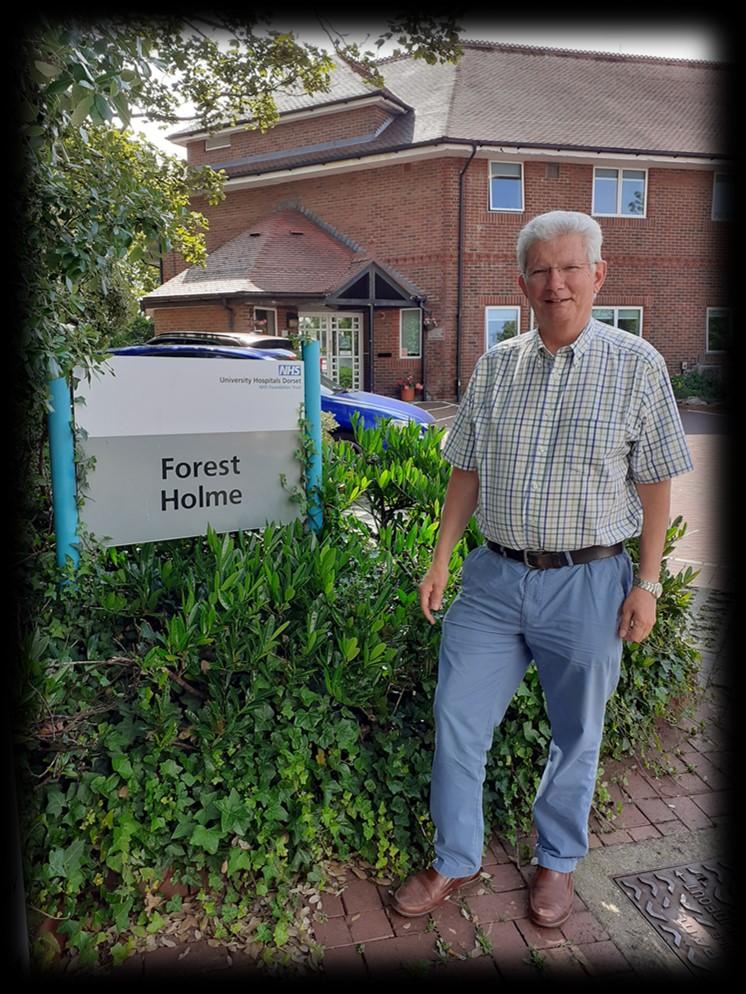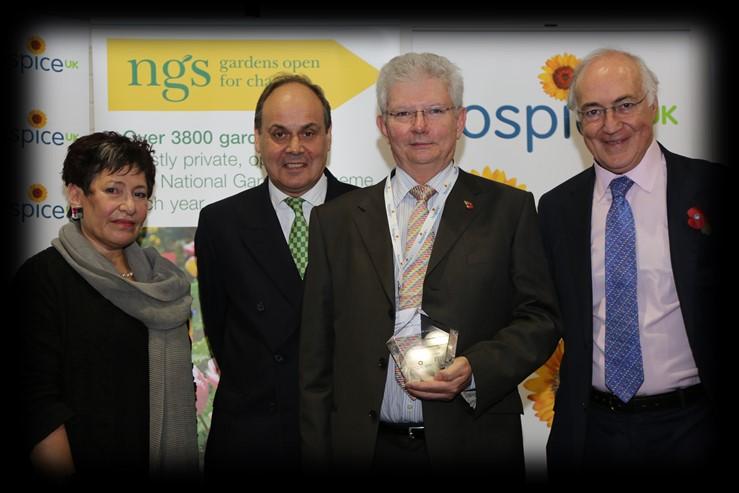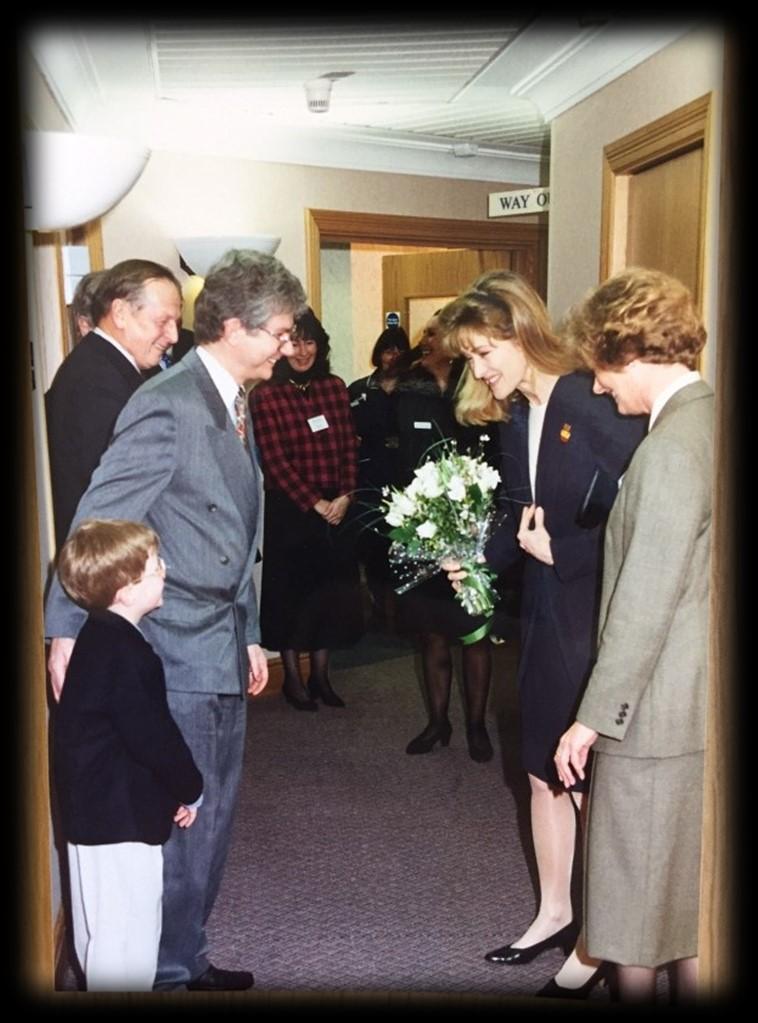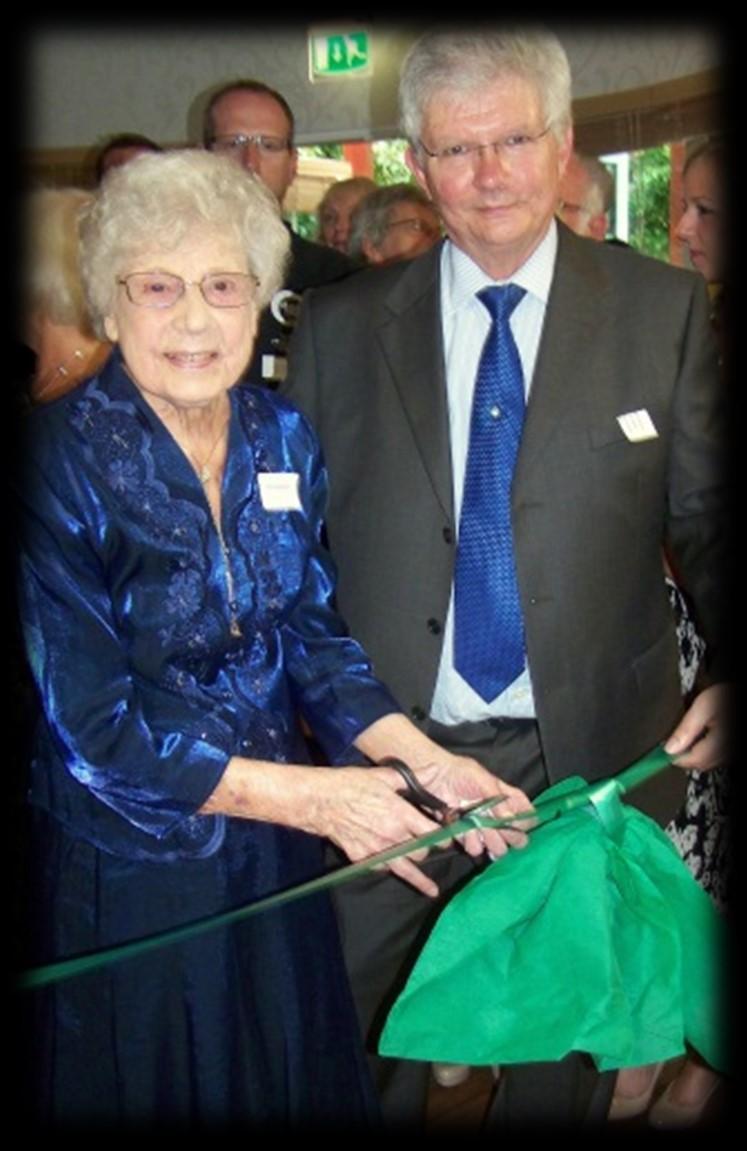
2 minute read
Farewell to Forest Holme
This March marks the end of my term as Chair of Trustees of Forest Holme Hospice Charity. I have been associated with Forest Holme since it was just a set of architects’ plans thirty years ago, but my involvement in the hospice movement extends back further, to June 1979, when I went to work as a trainee doctor at St Christopher’s Hospice in London. The things that excited me then about this whole new system of care are the things that now keep me committed to supporting Forest Holme in any way I can.
One of the remarkable things about hospice care is how much people can be helped in a very short time. A couple of days, and sometimes only a couple of hours, can transform the wellbeing of a patient with advanced disease, and bring ease to the family and friends. I don’t think there is any other field of medicine where results can be won so quickly.
Advertisement
Another difference in hospices is the way in which any problem that is concerning the patient and their family is addressed by the team providing care, without limits. The principles of hospice care are explicit that problems may be physical, emotional, social or spiritual, and all of these should be helped. Again, there is no other branch of health or social care where that it is true in the same way.
The modern hospice movement came about because historically there were great deficits in the care that the NHS gave to those at the end of their lives. Over the past sixty years, most of the hospices that have been founded across the rest of the country have been run by small locally based independent charities. While that has given them excellent roots in their communities, it has left them somewhat detached from the NHS, which is where all the patients are to be found.


One of the best things about Forest Holme Hospice is that it has always been part of Poole Hospital and therefore part of the NHS. The clinical service depends heavily on the Charity for all kinds of funding to maintain the very high standards of care, but Forest Holme provides a model which integrates the best principles of end of life care into the NHS and provides care according to those principles whether patients are at home, in the main hospital or in the hospice.
As I step down as Chair of Trustees, I am delighted to be able to say that Forest Holme Hospice Charity has grown in all sorts of ways: in income, in being able to fund excellent care and also in influence. The coming together of Poole Hospital and Royal Bournemouth Hospital to form University Hospitals Dorset (UHD) has resulted in a merged palliative care service across the whole of the east of the county. In partnership with Macmillan Caring Locally in Christchurch, the two charities are well placed to help UHD further develop its palliative and end of life service, and share its integrated model
of care locally, regionally and nationally. The deficits which led to the foundation of hospices may then at last be made good.










